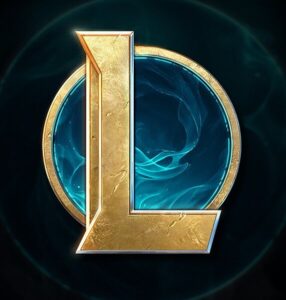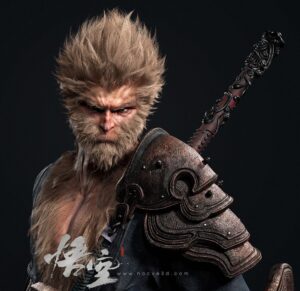Sony Escalates Legal Battle: Seeks Preliminary Injunction Against Tencent’s Alleged Horizon ‘Slavish Clone’
Popular Now
 CarX Street
CarX Street
 Sonic the Hedgehog™ Classic
Sonic the Hedgehog™ Classic
 Schedule I
Schedule I
 R.E.P.O
R.E.P.O
 Fall Guys
Fall Guys
 BeamNG.drive
BeamNG.drive
 Valorant
Valorant
 League of Legends
League of Legends
 Free Fire
Free Fire
 Fortnite
Fortnite
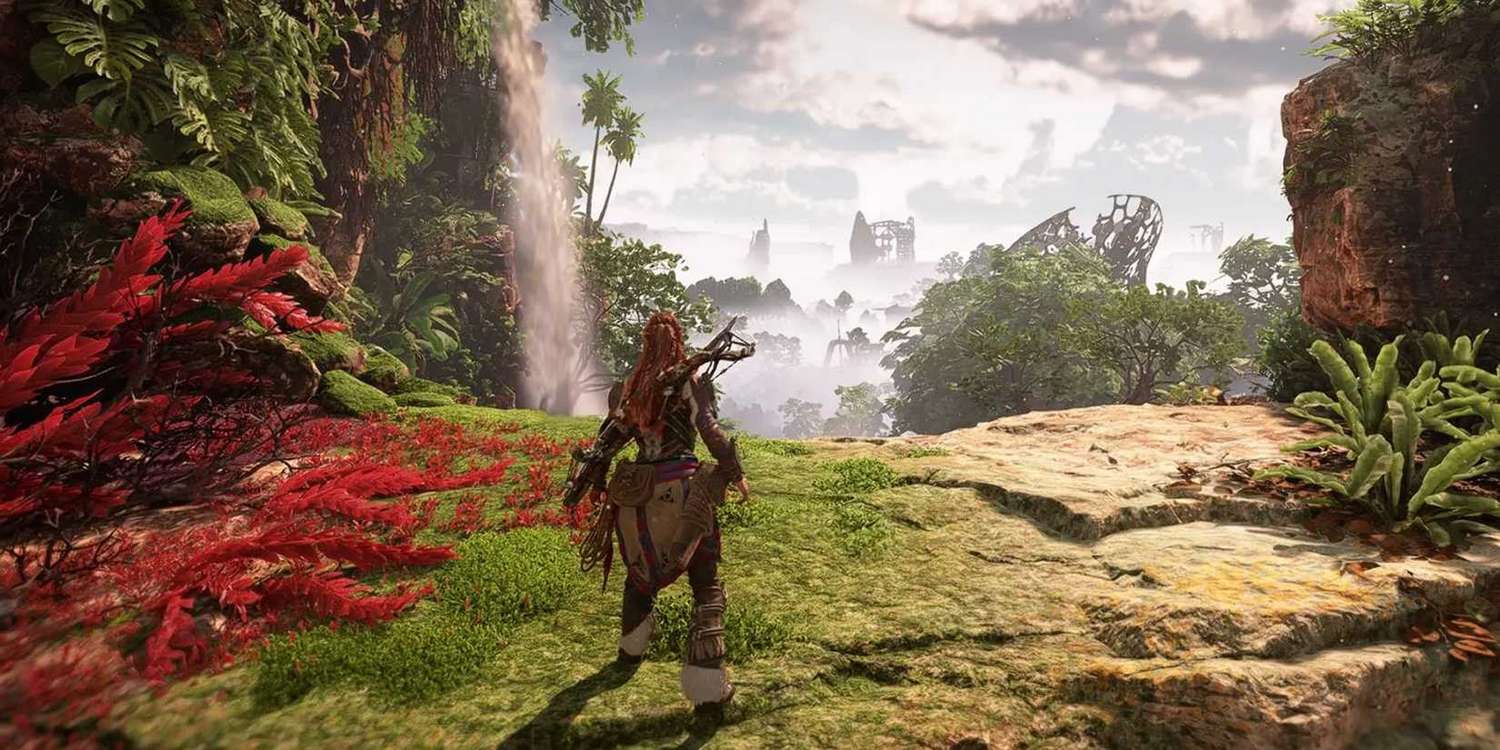
The high-stakes legal confrontation between Sony Interactive Entertainment (SIE) and Chinese tech giant Tencent Holdings Ltd. has taken a significant turn. SIE has officially filed a motion for a preliminary injunction in the U.S. District Court for the Northern District of California, seeking to halt all pre-release promotional activities and development of Tencent’s upcoming adventure title, Light of Motiram, which Sony claims is a “slavish clone” of its highly successful Horizon Zero Dawn franchise.
This move comes as a powerful response to Tencent’s recent motion to dismiss Sony’s initial copyright and trademark infringement lawsuit, which was first filed in July 2025. Sony is arguing that the imminent threat of consumer confusion and the potential for irreparable harm to the established Horizon brand—a key intellectual property for the PlayStation ecosystem—warrants immediate judicial intervention, despite Light of Motiram‘s current Q4 2027 release date.
Key Elements of Sony’s Preliminary Injunction Request
Sony’s motion specifically targets several elements of Light of Motiram that it alleges are copied or derived directly from the Horizon games, developed by Guerrilla Games. The core of the complaint focuses on protecting the distinctive elements that have made the franchise a global gaming phenomenon and a high-value brand in the AAA video game market. The injunction aims to bar Tencent from using:
- A red-haired tribal warrior huntress character that Sony argues is explicitly designed to resemble the iconic Aloy, the main protagonist of the Horizon series. Aloy’s character mark is cited as a crucial component of the franchise’s goodwill and brand recognition.
- Other specific visuals, artistic styles, and storyline elements that allegedly mirror the post-apocalyptic, technologically advanced tribal setting of Horizon Zero Dawn and Horizon Forbidden West.
- A particular melody used in promotional materials for Light of Motiram, which Sony claims is strikingly similar to two compositions from the Horizon Zero Dawn OST, namely the main theme and “City on the Mesa.”
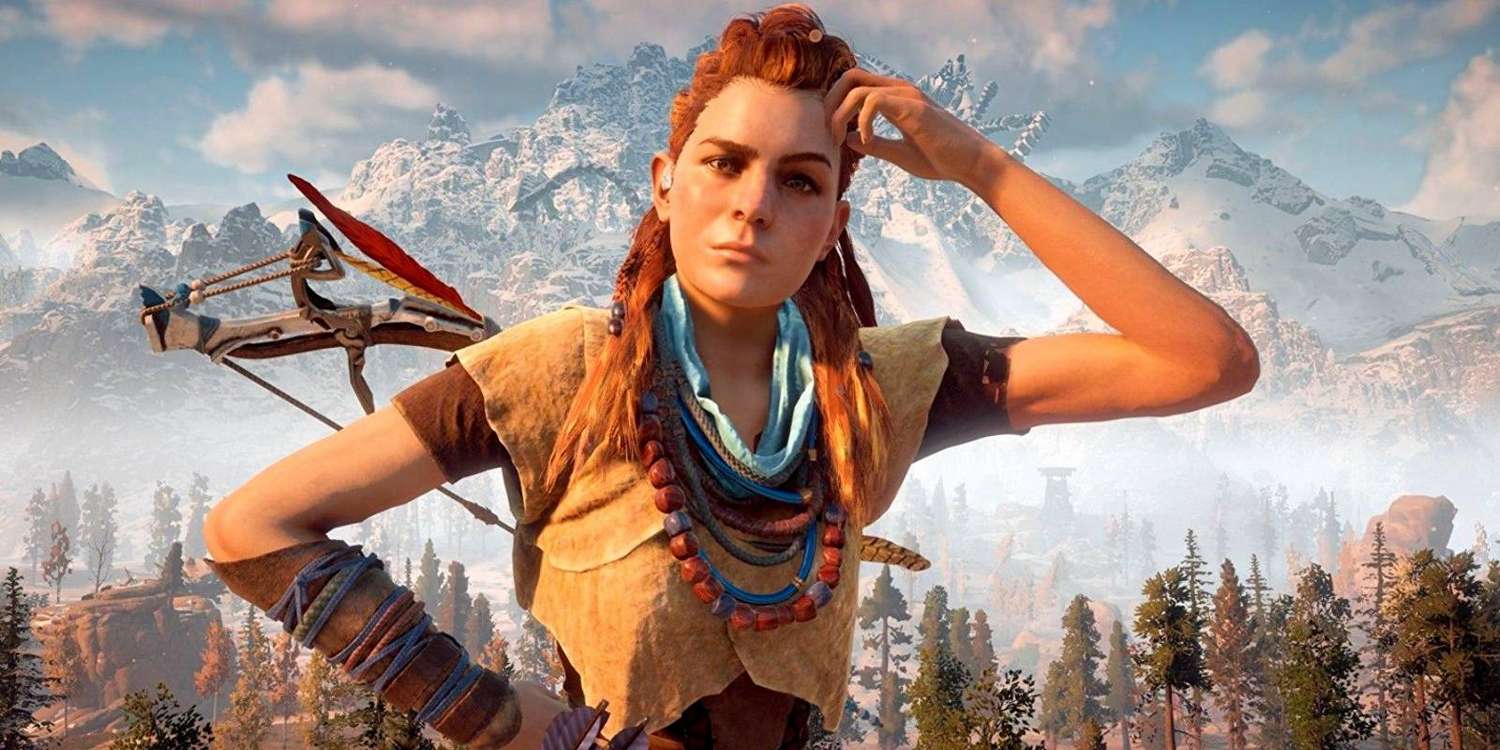 Sony’s filing includes sworn declarations from top executives, including the Head of PlayStation Productions, Asad Qizilbash, and Guerrilla Games Studio Director Jan-Bart van Beek, emphasizing the strategic importance of the Horizon IP, which includes an upcoming film adaptation slated to begin shooting in 2026 for a potential 2027 premiere. The legal documents underscore that the alleged copying “jeopardizes Horizon’s continued success, including current expansion plans for the franchise.”
Sony’s filing includes sworn declarations from top executives, including the Head of PlayStation Productions, Asad Qizilbash, and Guerrilla Games Studio Director Jan-Bart van Beek, emphasizing the strategic importance of the Horizon IP, which includes an upcoming film adaptation slated to begin shooting in 2026 for a potential 2027 premiere. The legal documents underscore that the alleged copying “jeopardizes Horizon’s continued success, including current expansion plans for the franchise.”
Tencent’s Defense and the ‘Shell Game’ Accusation
In its motion to dismiss, Tencent previously defended Light of Motiram by arguing that Sony is attempting to establish an “impermissible monopoly on genre conventions.” Tencent asserts that the alleged similarities are merely the use of “well-trodden” or “time-honored tropes” common in the science-fiction and fantasy genres, such as post-apocalyptic settings, tribal aesthetics, and robotic adversaries. Furthermore, Tencent has pointed to behind-the-scenes developer comments on Horizon Zero Dawn being inspired by other games, such as Enslaved: Odyssey to the West, to argue that the franchise’s core elements are not entirely original.
In a notable development following the initial lawsuit, Tencent quietly updated the Light of Motiram Steam page, removing several screenshots and shifting the release window from late 2025 to late 2027. Sony has seized upon this action in its latest filing, calling Tencent’s defensive maneuvering a “shell game” designed to obfuscate the deliberate nature of the copying and shield itself from liability. Sony insists that the damage is already done, citing numerous media reports and pervasive gamer comments across social platforms that have described the game as a blatant Horizon knock-off since its announcement.
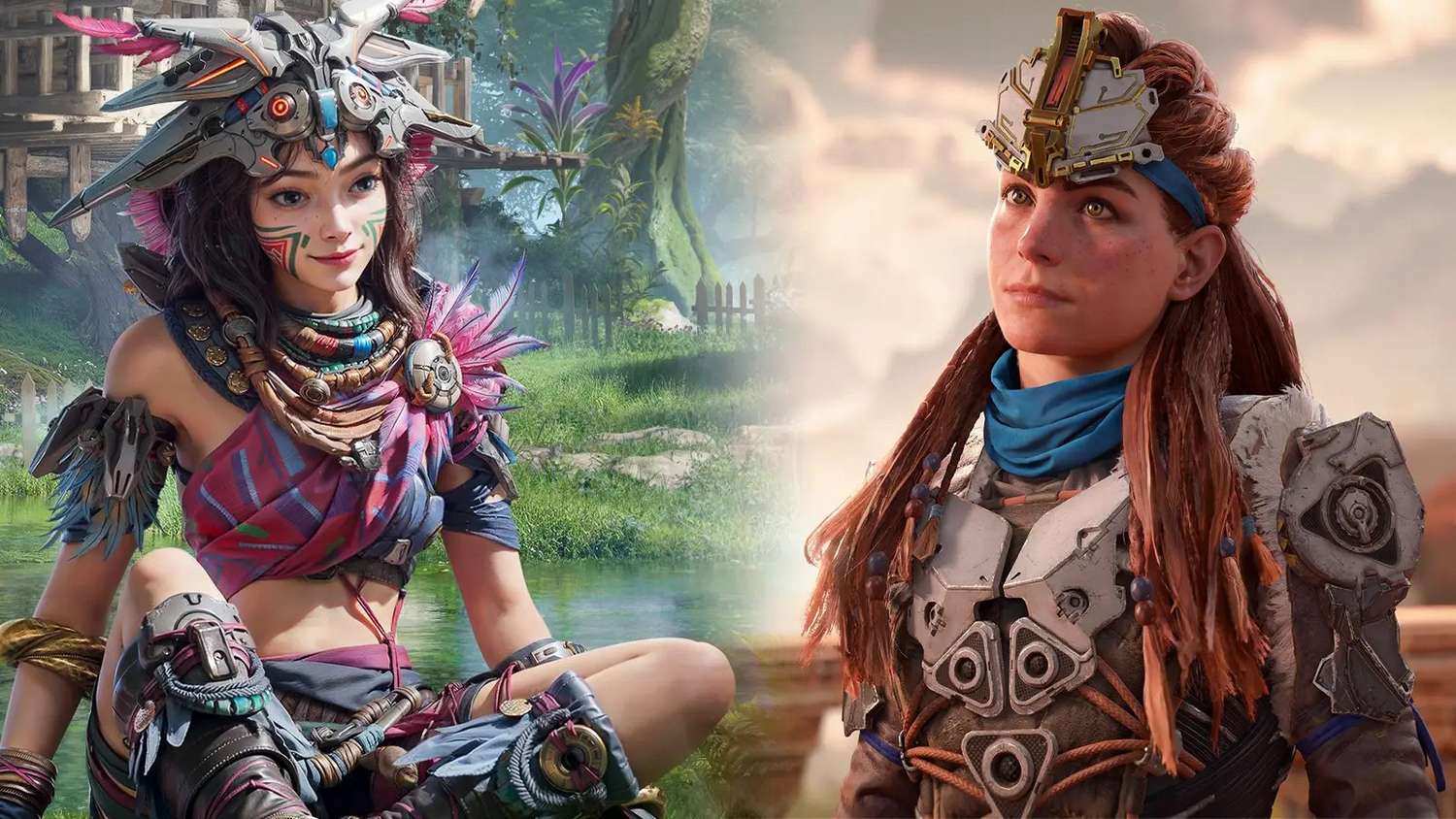 The Impact on the Global Game Industry and Intellectual Property Protection
The Impact on the Global Game Industry and Intellectual Property Protection
The legal tussle between these two industry giants holds enormous significance for the broader video game development and intellectual property landscape. The outcome of the preliminary injunction hearing—scheduled for November 20, 2025—could set a powerful precedent for how aggressively copyright infringement and trademark dilution are enforced in the digital entertainment space, particularly against alleged ‘clones’ in the rapidly evolving mobile game and live-service markets.
If the injunction is granted, Tencent would be immediately barred from further promoting or developing the allegedly infringing material, forcing a significant and potentially costly redesign of Light of Motiram. Conversely, a denial would be seen as a victory for Tencent’s argument that certain genre elements are non-protectable, allowing development to proceed with a major cloud of legal uncertainty looming over its multi-year project.
This case is a stark reminder to all game studios and publishers of the critical need for meticulous adherence to IP law and the immense financial risks associated with allegations of copying a competitor’s protected works. With millions of dollars in potential damages and the future of a key Tencent project hanging in the balance, the industry watches closely for the court’s decision.





